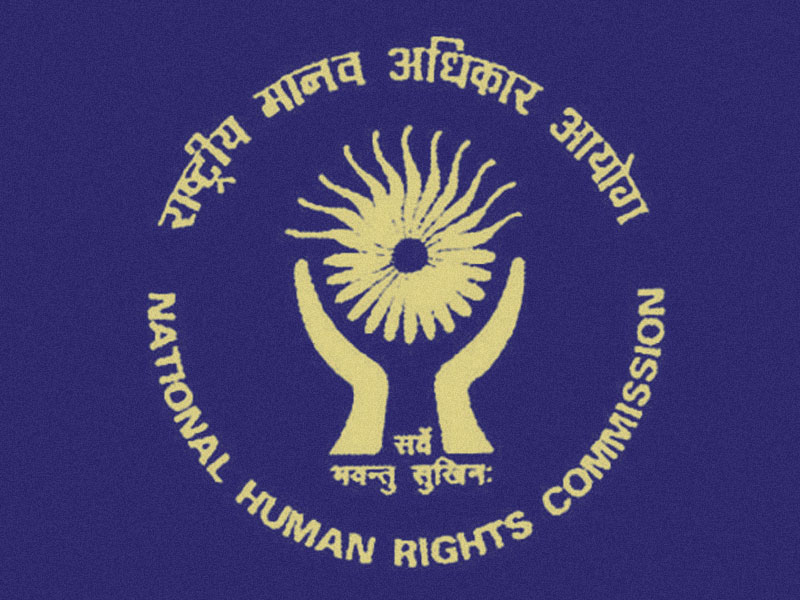CSOs, human rights defenders welcome revival of dialogue by NHRC

New Delhi, June 14: Civil society groups and Human Rights Defenders (HRDs) from across India have welcomed the National Human Rights Commission’s (NHRC) revival of dialogue.
On Thursday, 13 June 2019, the NHRC convened a meeting of its Core Group of NGOs and Human Rights Defenders which was attended by HRDs working across a spectrum of issues.
At the outset, the NHRC acknowledged its own status as an HRD and the value of the work of HRDs in furthering India’s democracy and development agenda. It also affirmed its commitment to protecting HRDs in keeping with India’s international obligations under the UN Declaration on Human Rights Defenders and the action plan developed at the World Summit of HRDs in 2018.
The deliberations expressed deep concern about the scale and continuation of human rights violations: these include reprisals against those that bring state wrongdoing to notice locally and internationally; the targeting of grass roots activists, journalists, and minorities; the abuse of power frequently used to crush dissent; and stressed the patterns of victimisation such as that of Muslims, through targeted killings in the guise of cow protection and the dangers of statelessness arising out of the ongoing National Register of Citizens exercise in Assam. The NHRC was urged to check that no violations of Article 21, which protects the rights and liberty of all persons living in the country, take place, and India’s full adherence to all international commitments.
Particular concern was expressed of the continuing incarceration of Dr. GN Saibaba in Nagpur Central Jail. Severely disabled and unable to move on his own, Dr. Saibaba’s health has been rapidly deteriorating due to inadequate medical treatment and day-to-day assistance. The HRDs and CSO representatives called on the NHRC “to immediately intervene to ensure he is moved to a well-equipped medical facility, approved by him and his family, at the earliest”. Any further delay, they underlined, could “prove fatal to Dr. Saibaba”.
The NHRC’s attention was directed to the arrest of nine HRDs, currently lodged in Pune Jail, allegedly in connection to the Bhima Koregaon case. As their implication in the case is strongly contested, the centrality of the NHRC’s role was stressed. It was urged to monitor the court proceedings to ensure due process is upheld at every stage. Its continuing vigilance was stressed in light of the recent raids on the office and residence of Stan Swamy, believed to be an act of reprisal for his human rights work.
The urgent necessity to take greater visible and decisive steps to ensure protection of HRDs, through the aegis of the NHRC, was repeatedly highlighted. Training of all human rights commissions was urged, to stress the responsibility of the State to protect HRDs. The NHRC was called on to give the existing Focal Point for HRDs full-time charge in view of the extensive work required, and be active in using HRD networks across the nation.
In solidarity with each other, the NHRC and the HRDs affirmed a joint commitment to work together to protect HRDs, proactively intervene in human rights violations, and deepen engagement through regular and frequent dialogue.
NHRC members who attended the hearing included Dr. DM Mulay (IFS, Retd), Justice PC Pant, Ms. Jyotika Kalra and Secretary-General Jaideep Govind.
Aman Biradari Trust
Commonwealth Human Rights Initiative (CHRI)
Human Rights Defenders’ Alert – India (HRDA)
People’s Union for Civil Liberties (PUCL)
Quill Foundation
South India Cell for Human Rights Education and Monitoring (SICHREM)